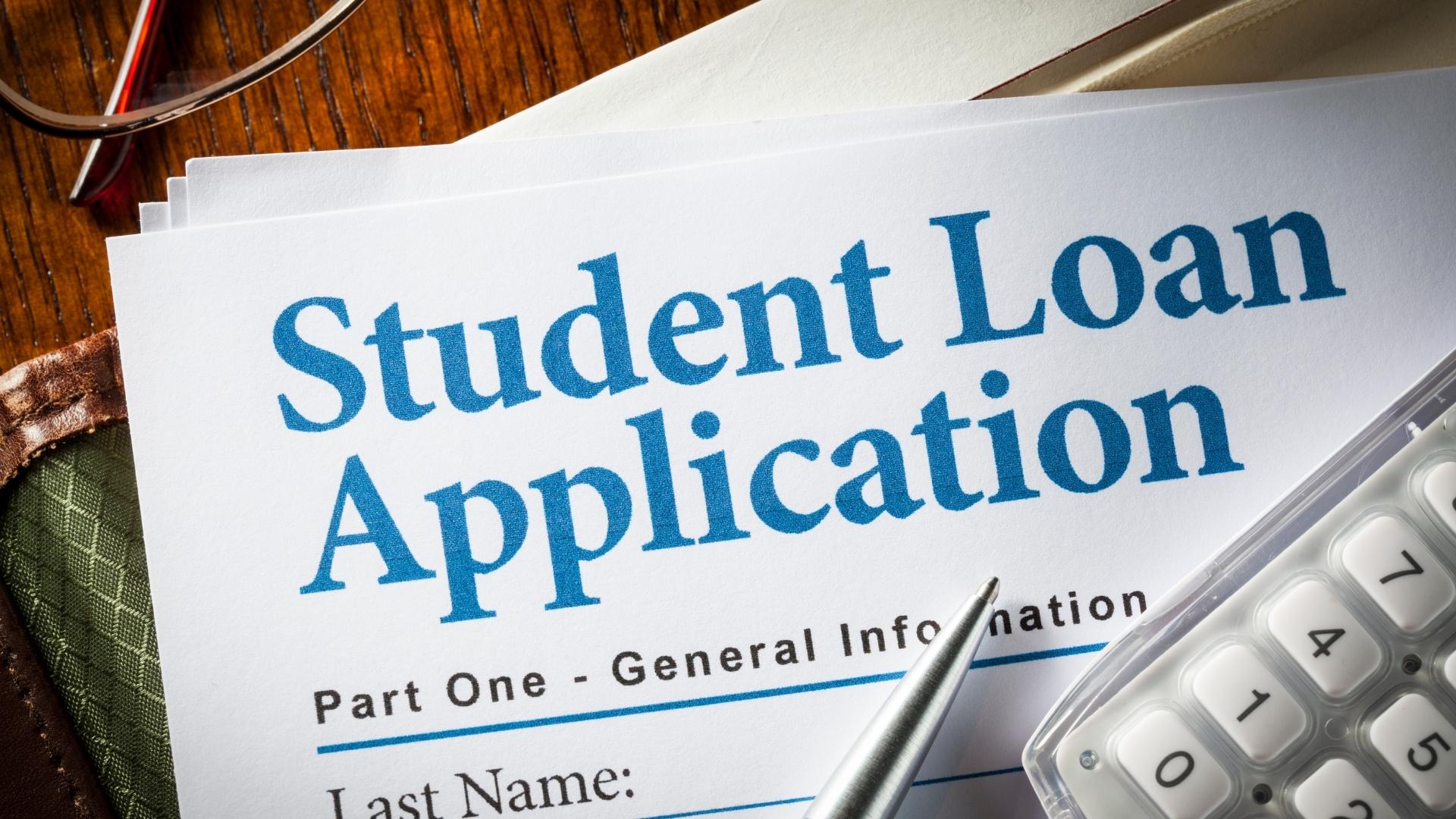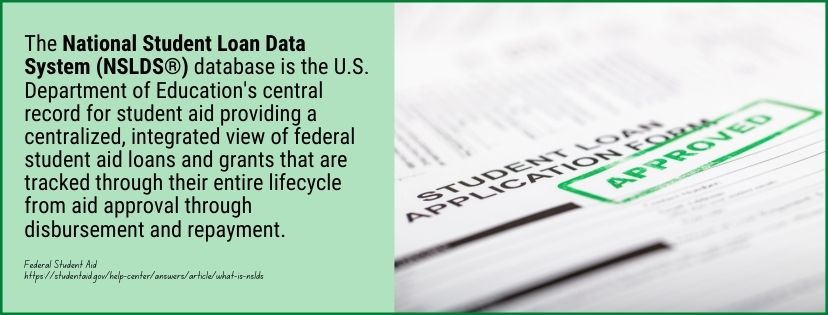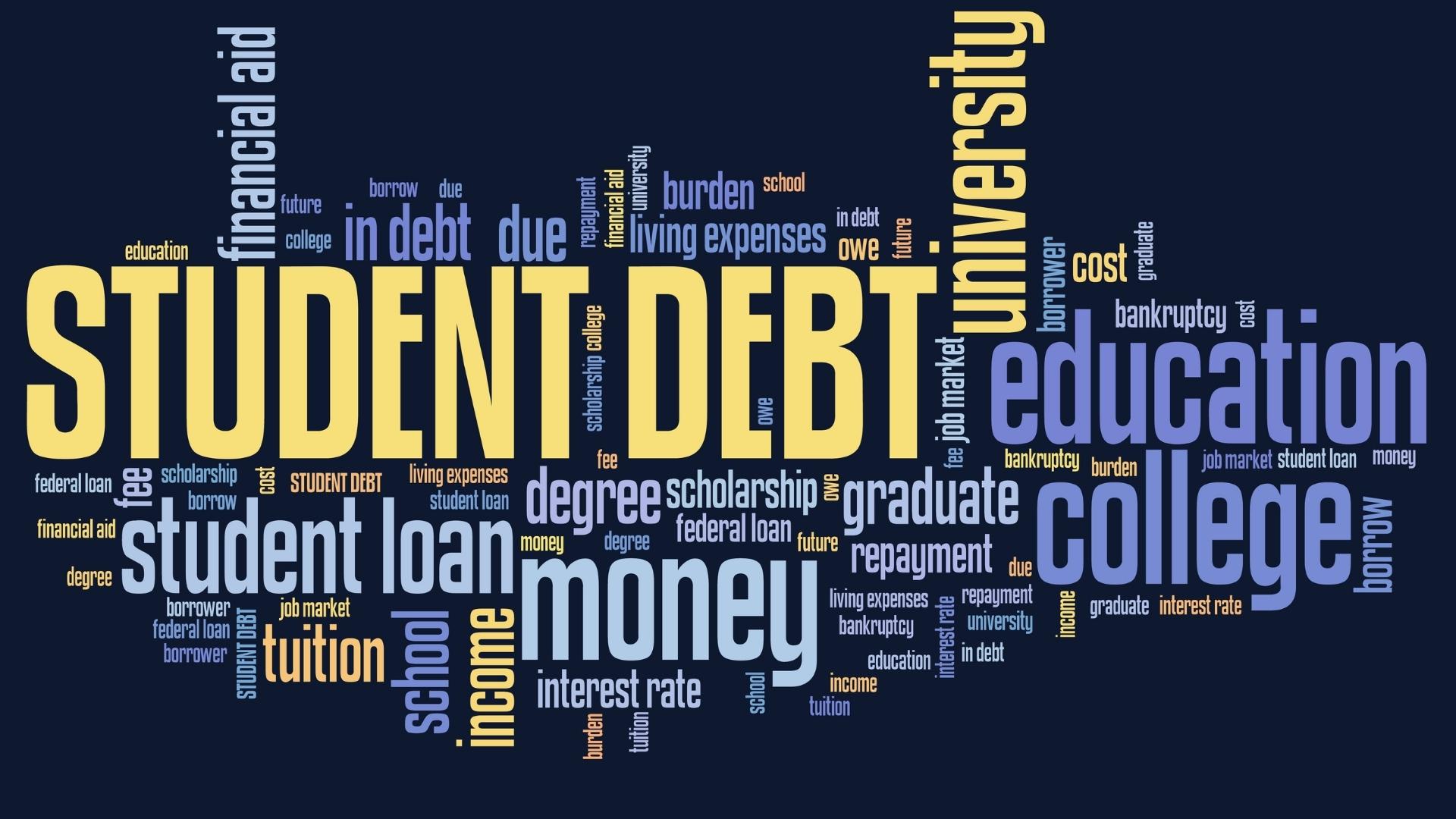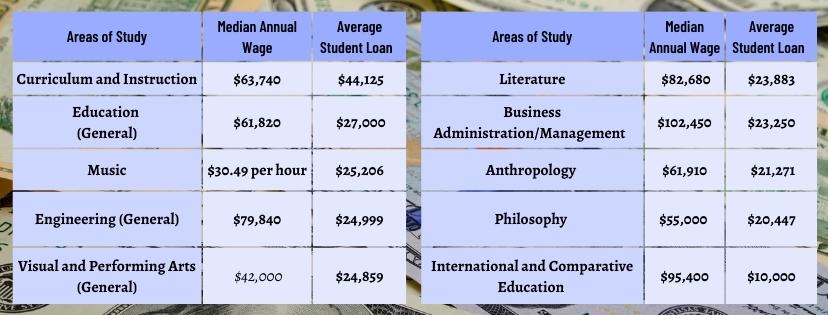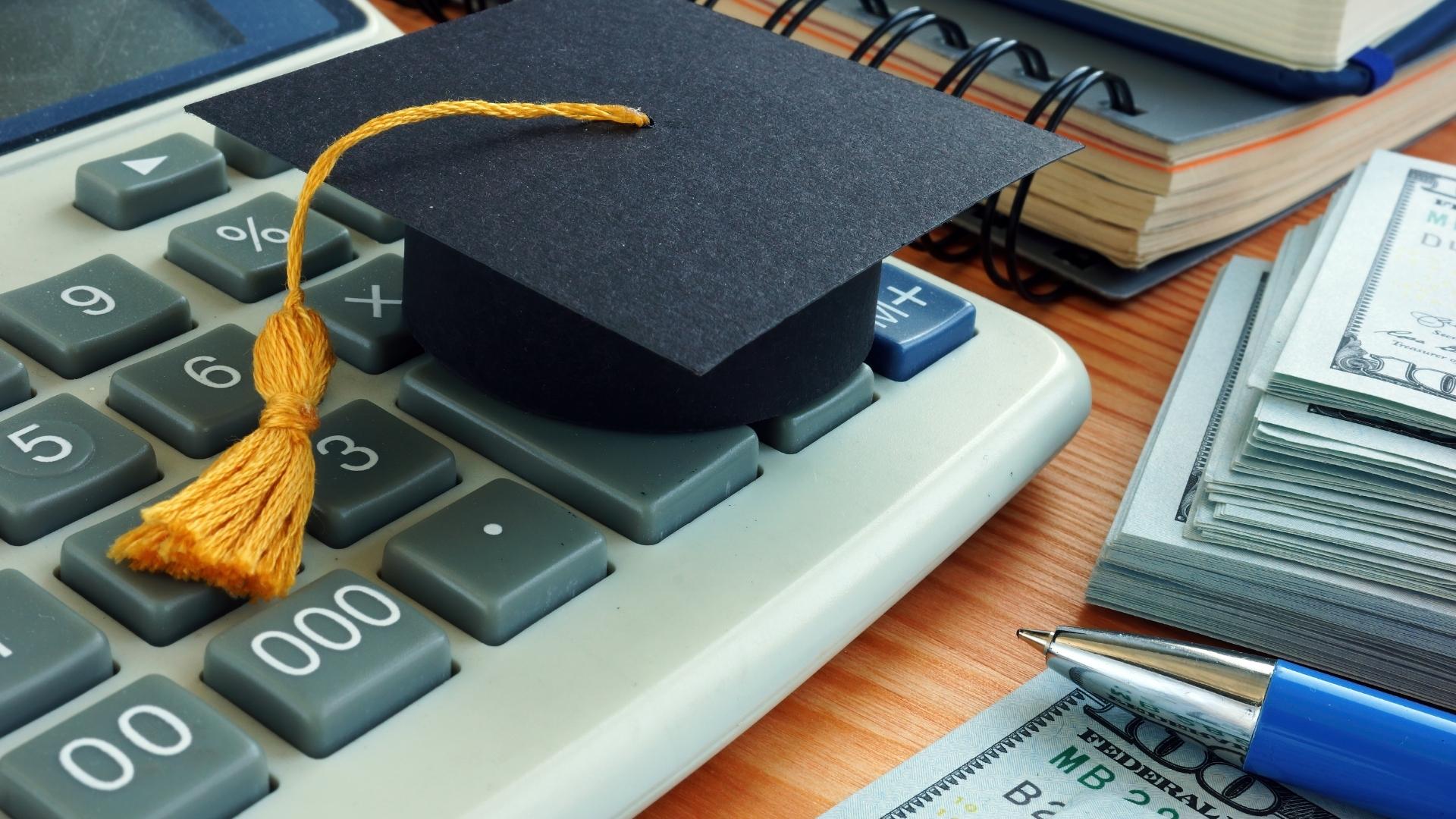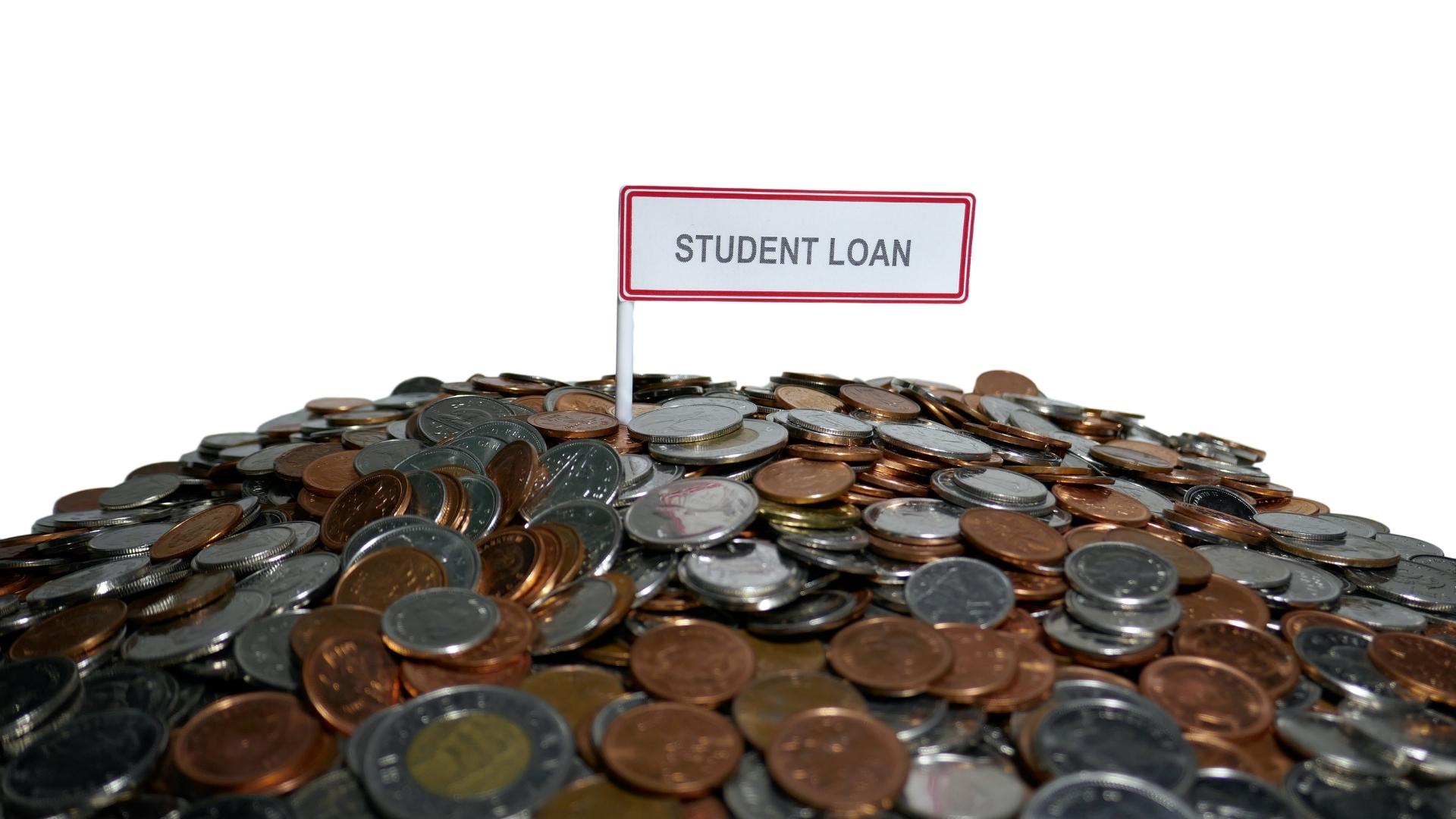Find Your Perfect School
Google search results show 3.7 billion results with the phrase “years to pay off my college degree.” With the average federal student loan balance of $37,175 per student, it’s a valid search. The short answer: You will likely take 20 years, on average, to pay off your student debt.
Quick Peek:
Repayment is possible! Nearly 8% of total student debt in the United States is in default. Indeed, repayment is possible but appropriate measures must be adopted before taking on education-related debt, during your studies, and after graduation.
Consequences of Loan Default
If you default, your Social Security payments and tax payments can be seized! You can also face ruined credit scores. Student loan default doesn’t just affect you either – most of the unpaid student loans add to the national debt.
Major Areas of Study: Average Salaries vs. Student Debt
For more than a decade, most universities stalled in looking into the fundamental measurement of student success: gainful employment after graduation. Being gainfully employed is considered by college graduates as the best way to make a college degree pay for its total cost of attendance, primarily because of student loans. But in the Age of Information, our political and cultural leaders, consumer advocates and college students have reliable information about the value of higher education.
Efforts began among the higher education lobby toward having the federal government calculate gainful employment among graduates during the Obama administration. How much graduates earned three years after getting their degree was the base measurement used, and making college pay for students was the main goal.
(More recently, the gainful employment rule is in the spotlight again with the Biden administration taking stricter measures to ensure that for-profit colleges and universities with dubious financial success rates take more responsibility for their graduates’ earnings. The American Enterprise Institute has also proposed the replacement of the current federal loan system with a more student-friendly income share agreement.)
According to Third Way’s senior fellow, Michael Itzkowitz, new research regarding cost and income means families have greater leeway in their choices for an undergraduate degree that pays well. The public data shows that hundreds of undergraduate degree programs in for-profit, public, and nonprofit colleges, and universities have low financial returns. Even the conservative think tank Texas Public Policy Foundation agrees that many graduates aren’t earning enough to pay for their student loans within the 10-year typical repayment schedule that is offered by the federal government.
Most four-year bachelor’s degree holders can recover their cost of higher education fairly quickly, thanks to a higher average starting salary for their occupations.
In 2021, the bachelor’s degree with the highest average student loan is Curriculum and Instruction. The lowest was International and Comparative Education. The higher the student loan, the longer it will take graduates to pay them off.
To say that it’s important to determine average earnings before choosing a degree is an understatement. With information about the average salary for a specific occupation, you will have a better idea of the time it will take to pay off your student loan.
In the 2021 Education Data analysis, these are the average student loans for certain college degrees and their median annual wages (May 2021, BLS data):
The disparity in the average income vis-à-vis the cost of higher education has also been highlighted in an article published in The Hechinger Report, an independent news organization focused on education inequality and innovation. Researchers determined the average salary of graduates two years after earning their bachelor’s degrees, and the results are dismal for some graduates:
- An Oberlin philosophy degree costs $142,220 but the average yearly income is $18,154.
- A Whitman College English and Literature degree costs $130,508 but earnings are about $18,900.
- A Berklee College of Music visual and performing arts degree is a cool $193,700 but the average income is $16,786.
- A Manhattan School of Music’s degree costs $183,808 but graduates earn about $13,400
- A New York University dance degree costs $169,588 but future earnings are around $16,500
- An Ithaca College anthropology degree costs on average $132,656 but graduates earn about $19,220
For comparison purposes, the average annual pay for individuals with only a high school diploma in New York City is $47,082! Research suggests, too, that more than a quarter of bachelor’s degree programs leave their graduates no better off than if they didn’t earn the degree.
High school students are understandably cautious about pursuing higher education and taking out one student loan after the other. Research shows that a significant chunk of the money graduates will earn will likely be used for payments of student debt,
Based on these students’ incomes post-graduation, nearly a quarter will spend 20 years or more recovering their costs. More than half will not earn enough to cover their total cost of attendance!
There are exceptions according to a senior policy analyst at the Texas Public Policy Foundation, Andrew Gillen. Certain university programs in not-so-great schools are good and laggard programs at high performing schools, too. There should come a point when it becomes the university’s obligation to cease offering programs with low earnings potential.
The best advice is to choose a bachelor’s degree in higher-paying fields like STEM and health sciences with quick returns on investment. But there are also merits to pursuing a degree in the visual and performing arts, religion, and other areas of study with intrinsic cultural values!
Where you attend college also matters in your student loan burden! Public and private nonprofit colleges usually have more affordable tuition costs, aside from the wide range of financial aid programs offered. This means the possibility of a lower student loan than if you enrolled in a private for-profit college.
Factors Affecting Student Loan Repayment Times
Federal student loans have a 10-year maximum fixed repayment period but it can be between 10 and 30 years for consolidation loans. But life happens and the amount of time you will pay your federal undergraduate loans and private loans depends on their principal amounts and interest rates, your repayment habits, and your type of degree. They may be the only students who have the privilege of graduating without debt and yet enjoying livable wages!
Your Type of Degree Matters
College graduates typically have lower education-related debt than their counterparts from a graduate or professional school. Due to the higher cost of education at the graduate level, master’s degree and Ph.D. holders have average student loans ranging from $71,287 to $159,625. If you have a certificate or degree from a professional school, you can also expect graduate-level education-related debt.
In contrast, community college students have little to no debt upon their graduation! Aside from the affordable tuition, most students also received federal grants resulting in low to no tuition payments.
Enrollment in Forbearance or Deferment Plans Delay Payments
Both of these programs allow for a temporary pause in payments in case of medical issues, unemployment, financial difficulties, or military service. While it will extend your final due date, it may also result in unpaid interest adding to your student loan balance.
Student Loan Refinancing Changes the Payment Plan, Too
Refinancing a student loan pertains to taking out a new loan as a replacement for your current student loan debt, thus, resulting in a new balance and loan terms. Shorter and longer terms than your current student loan are possible, but be sure to know the pros and cons first.
Adopting Changes to Your Payment Schedule
You’re not obligated to once-a-month payments! You can make payments 2-3 times a month resulting in a shorter repayment period. But if you miss payments or fail to pay in full, your repayment period can be longer and you’re at risk of late fees and credit score markdowns.
Effective Ways of Repaying Student Debt Faster
Your student loan need not be a decades-old burden! You can repay it faster than the standard 10-year federal student loan maximum period, but it will take discipline and determination.
According to the College Board, students should ideally negotiate for a monthly repayment amount of not more than 10-15% of their starting monthly income. Setting a fixed budget for payments and setting up an automatic transfer from a dedicated savings account (i.e., college repayment fund) are great ideas.
Start paying during your college years to avoid becoming overwhelmed with thousands of dollars in student debt. Pay more than the minimum monthly amortization. Let your lender credit it as an extra payment and indicate the exact loan for which it should be applied. Refinance your student loan to a new one with a shorter term.
Apply to student loan forgiveness programs, which can eliminate part or all of your student loan debt. Examples specific to a particular major include Public Service Loan Forgiveness (PSLF), Teacher Loan Forgiveness programs, and Nurse Corps Loan Repayment Program.
Look into income-driven repayment plans like PAYE, REPAYE, Income-Based Repayment, and Income-Contingent Repayment if you don’t qualify for the specific-occupation programs. Consider programs for military members, too, such as the National Defense Student Loan Discharge.
Reduce your student loan interest through discounts, such as using autopay and loyalty discounts.
Maximize your tax deductions offered by the federal government, which can deduct $2,500 in interest payments made on federal and private loans.
Ask about repayment assistance from your employer. Better yet, ask about tuition assistance for bachelor’s degree programs and student loan payments. This way, you can be guided in keeping your student loan debt within manageable levels.
Frequently Asked Questions
When do you start paying back college loans?
You should pay your Stafford loans within six months after completing your college education or dropping below half-time matriculation. For Perkins loans, there’s a nine-month grace period. Private lenders have varying repayment schedules ranging from nine to 12 months after graduation. Income-driven repayment plans take into consideration how much money graduates are likely to make in the workplace.
Is it smart to pay off college loans early?
It depends on your financial situation so it’s best to list your assets, liabilities, and expected income first. If you can afford to pay monthly, or more, then do so. But if you have other loans with higher interest rates, you may want to focus on them first.
Do student loans affect my tax returns?
The principal amount itself isn’t tax deductible but its interest payments might be! If you are still in school, you can qualify for the lifetime learning credit and/or American opportunity tax credit. If you have completed your college education, you may be allowed to deduct some of your interest payments.
What is entrance counseling and is it mandatory?
If even the notion of taking out student loans results in anxiety, you’re well-advised to seek the advice of guidance counselors and read your college guidebooks about financial aid and loans. Check out entrance counseling, a mandatory step for first-time borrowers of federal loans, and exit counseling that provides information about your repayment obligations and alternative choices.
Can my student loans ever be canceled?
Yes, but only under one of these specific conditions:
- Total and permanent disability from a medical condition existing at the loan application date
- Death of borrower
- Closed school but with conditions
- False certification
Bankruptcy rarely results in loan discharge unless the court declares that the repayment will likely cause “undue hardship”.
Key Takeaways
- It can take anywhere between 20-25 years to pay off student loans, but it’s also possible to shorten the repayment period with an effective plan in place.
- STEM and healthcare occupations have the highest likelihood of short repayment periods due to higher salaries, although the cost of higher education may also be higher than most.
After earning a high school diploma, pursuing a bachelor’s degree may be in the plans of most high school graduates!
Ask yourself this question: How many years will it take to pay off your college degree? Tread carefully and make the most out of your degree without drowning in debt!
